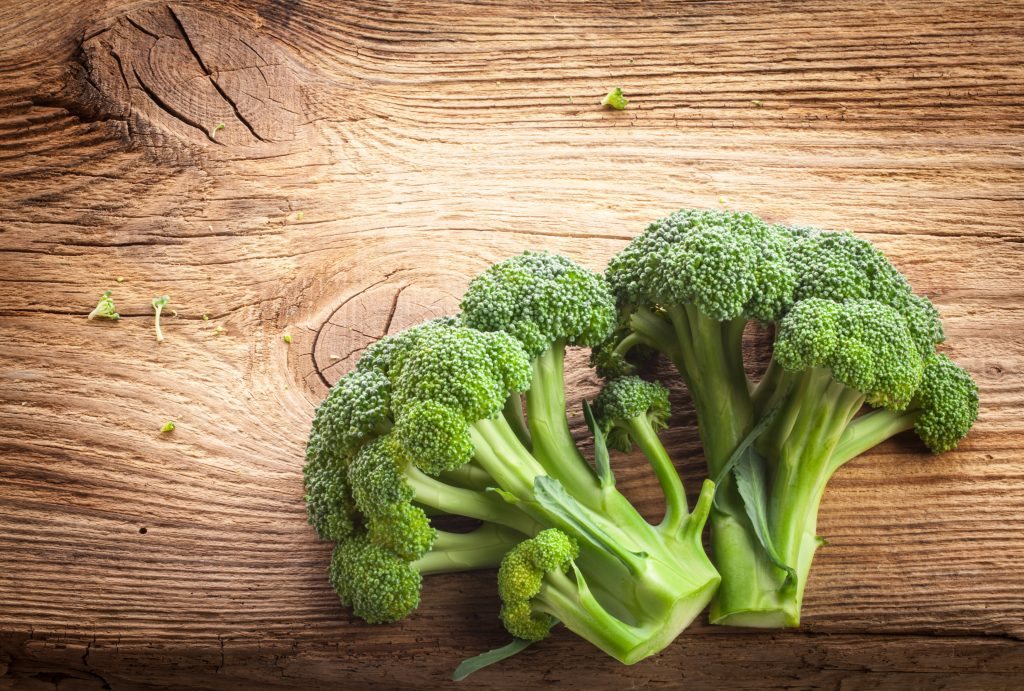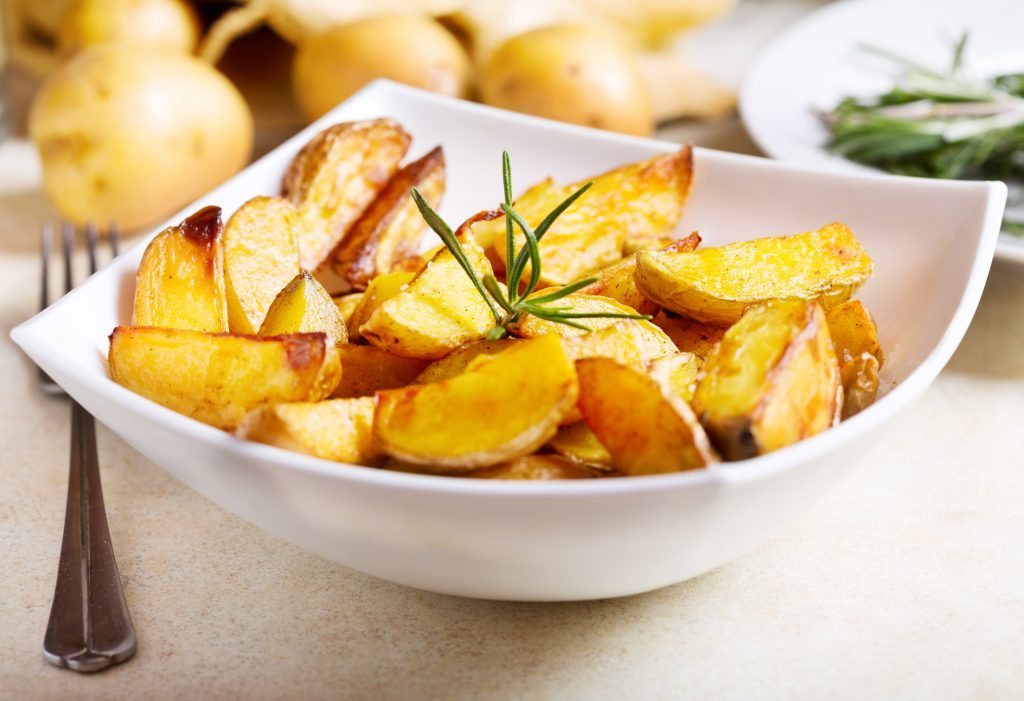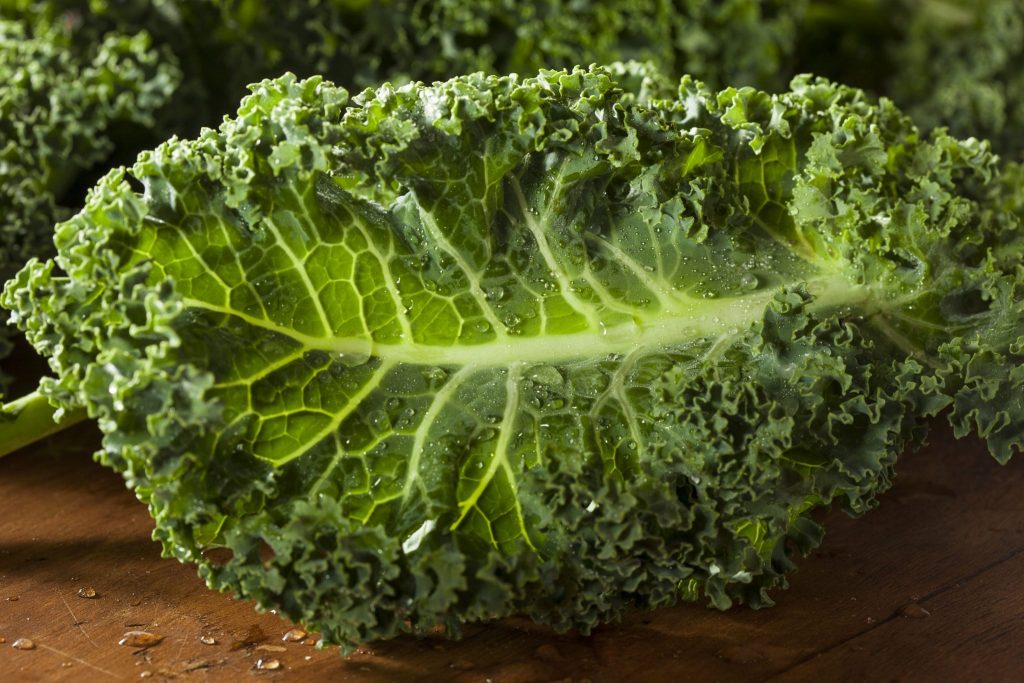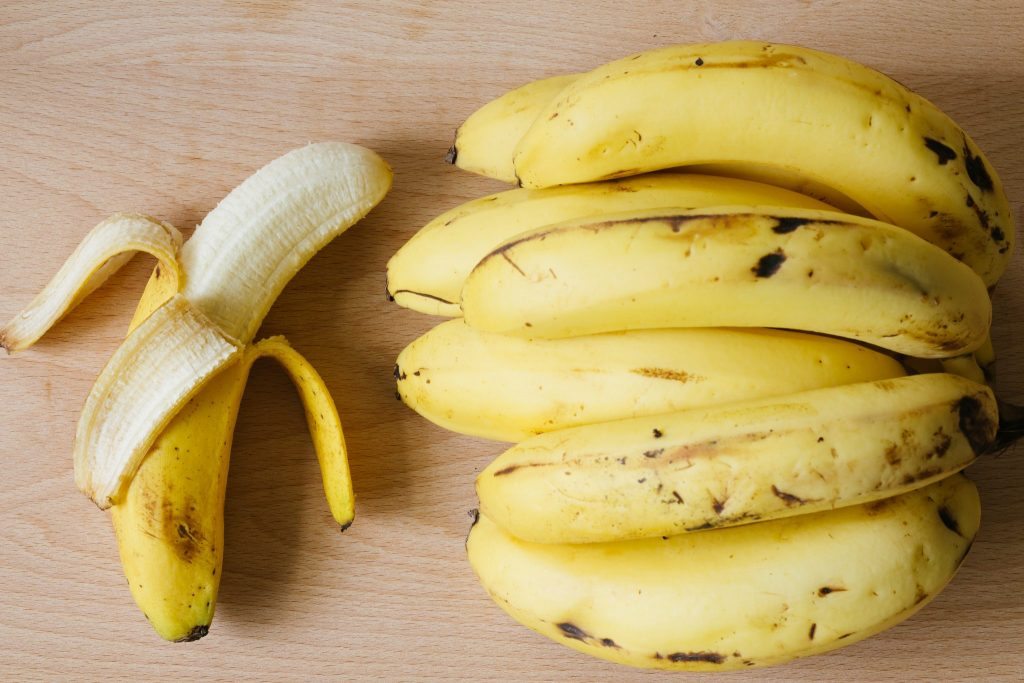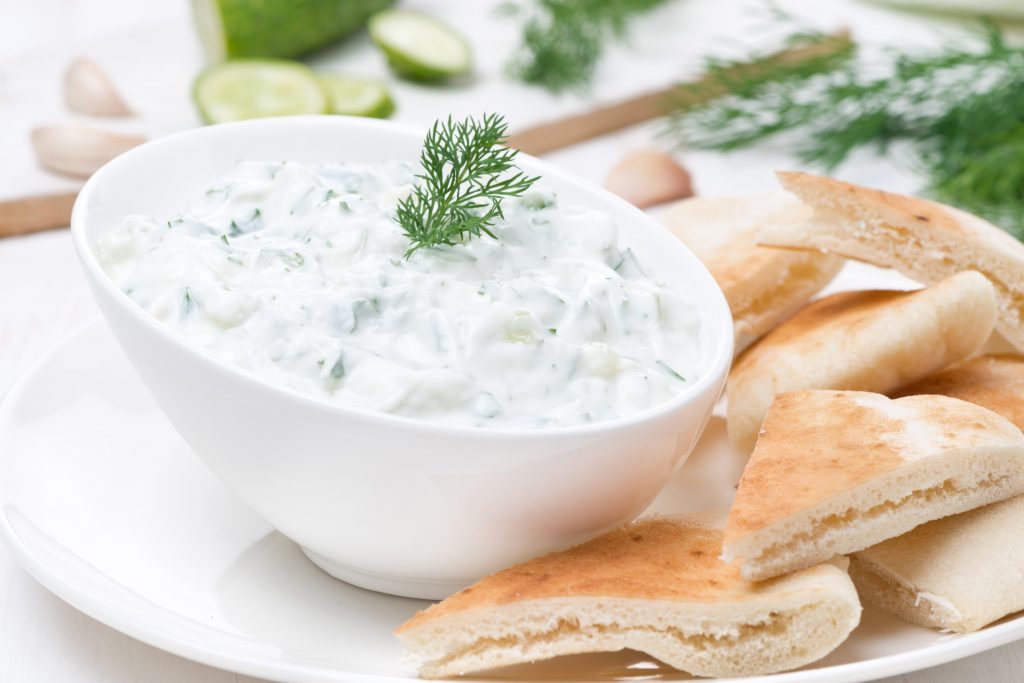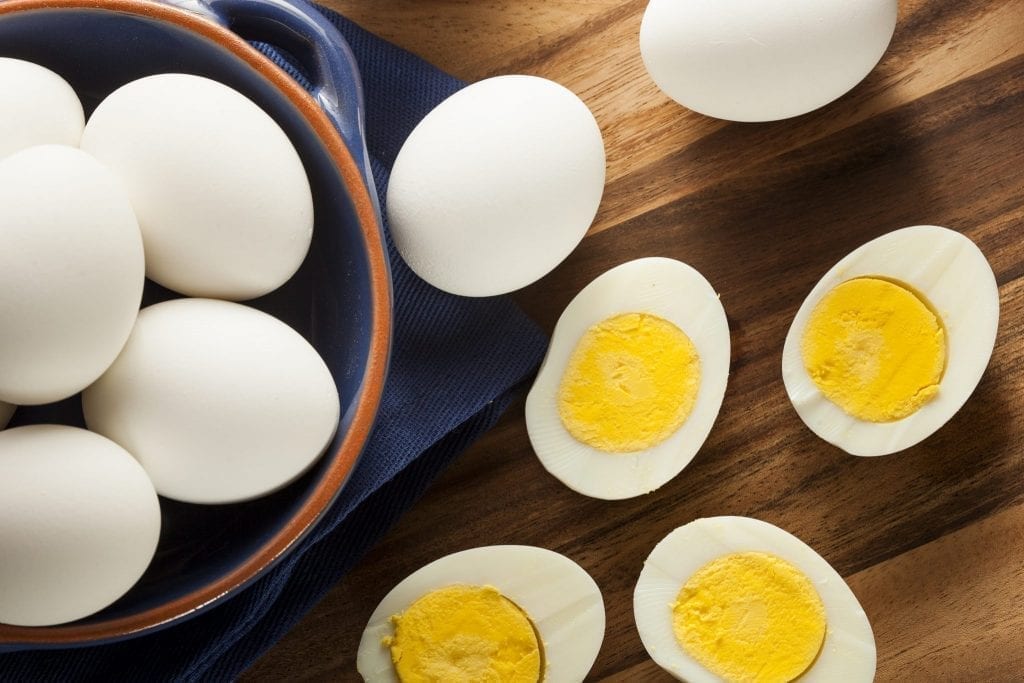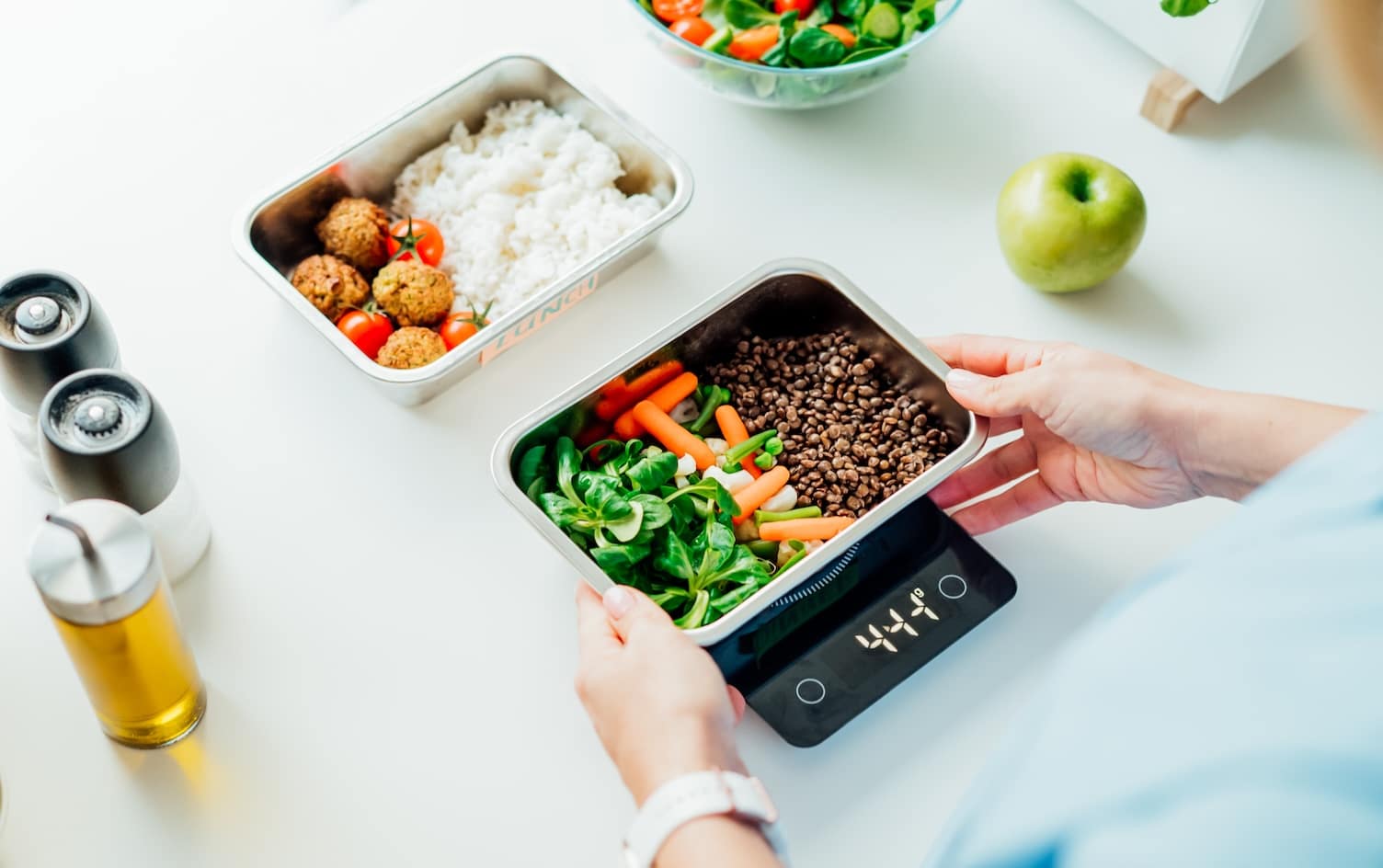You’ve likely heard the term superfood before, and might be surprised to find out there’s no formal definition that describes a superfood; it’s really just a term used to market a food product that’s bursting with disease-fighting nutrients. These so-called “superfoods” are often expensive because they are rare and exotic.
But superfoods don’t have to break the bank. There are plenty of common “everyday” foods that are packed with beneficial nutrients, and are quite super. There is not a magic food that has everything that you need for good health. All fruits and vegetables, and many whole foods are super—and picking just one won’t make you healthy. Eating a variety of whole foods provides balance and nutrition.
While some superfoods can be pricey or hard to find, the following eight superfoods are widely available, and are good for your health and wallet.
Broccoli
Despite constant changes in nutrition research and facts, broccoli has been a consistent dietary staple on everybody’s list. It is naturally detoxifying, has cholesterol-lowering properties, and helps control blood sugar. Broccoli is rich in fiber, vitamin C and chromium.
Peak Season: spring & fall, but available year-round
Storage Tips: Raw broccoli needs air circulation, so do not store in containers or plastic storage bags. Wrap in paper towels, store in the refrigerator, and eat within 2-3 days.
Dietitian’s Tip: Broccoli helps with vitamin D deficiencies; vitamin D is vital to maintain bone and brain health. Broccoli is very high in vitamins K and A, both of which support vitamin D metabolism and build vitamin D stores in the body.
Potatoes
Potatoes are often shunned ever since the whole “low-carb” and “low-fat” craze, and especially because many people enjoy potatoes in the form of French fries and chips. However, this negative light is very undeserving because complex carbohydrates are needed for energy and there are many nutritional benefits to eating potatoes. Full of energizing B vitamins, copper, fiber, vitamin C, potassium and a variety of phytonutrients that have antioxidant properties, potatoes have more than twice the amount of potassium as a banana. Potassium balances fluid levels in the body, and blunts the effects of sodium on the diet, thus lowering blood pressure.
Peak Season: fall & winter, but available year-round
Storage Tips: Store in a cool, dark, dry place (not the fridge), and away from onions because they will degrade each other. Storing potatoes in the fridge will cause the sugars to break down and give them an off flavor.
Dietitian’s Tip: Potatoes can be very unhealthy if loaded with cheese and bacon, drenched in butter and salt, or deeply fried. To make them healthful, try:
- Slice potatoes into wedges.
- Lightly coat them with olive oil, sprinkle on some seasonings, herbs and pepper. Place on a baking sheet lined with parchment paper.
- Bake at 425 degrees F for about 35 minutes or until golden and roasted.
Kale
Kale has gained a lot of well-deserved recognition over the last few years. This leafy green is a nutrition powerhouse. A cruciferous vegetable that aids the liver in the detoxification process, kale can help with lowering cholesterol and reducing cancer risk. Kale, which has anti-inflammatory properties, also contains high amounts of vitamins K, A, C as well as B vitamins, copper, manganese, calcium and fiber. Kale is also rich in lutein and xeaxanthin, which has been shown to prevent macular degeneration.
Peak Season: late fall to early spring
Storage Tips: Choose kale with dark green leaves and firm stalks. Store in an airtight bag, and do not wash before storing, as this accelerates spoilage. Wash, trim the stems, and spin greens just before using.
Dietitian’s Tip: Cooking kale increases the bioavailability of lutein, making it more absorbable to the body. Boost nutrition at snack time by making kale chips:
- Preheat oven to 375 degrees F.
- In large bowl, massage chopped kale with olive oil, garlic salt and lime juice.
- Line baking sheet with parchment paper, and arrange kale pieces on baking sheet with a bit of space between each leaf for crisping.
- Bake for 10-15 minutes until kale is crispy.
Bananas
Bananas have always been a consistent favorite not only for their sweet, delicious taste, but also for their nutritional properties, particularly amongst athletes. Bananas are notorious for their energy-boosting effects, high potassium content, and prevention of muscle cramps. Potassium also assists in achieving normal blood pressure and a healthy heart. In addition, bananas are rich in fiber, which aids in digestive health, and biotin for healthy hair, skin and nails. A versatile fruit, bananas are a great on-the-go whole food snack, and can also be used in a variety of nutritious, easy snack recipes.
Peak Season: all year
Storage Tips: Store at room temperature away from other fruits, unless you want the bananas to ripen faster. Apples, mangos, avocados, melons, nectarines, plantains, peaches and pineapples release the most ethylene gas, which speeds the ripening process. Before bananas spoil, peel and freeze them to blend in smoothies.
Dietitian’s Tip: When eating bananas, some people suffer from gas, bloating and constipation. This could be due to the bananas being under-ripe at the time of consumption. Ready-to-eat bananas should be slightly spotted, soft to touch, and easy to peel. If the tip is still green, they make a crisp sound when opening them, or they taste grassy, they are not ripe enough, and you may be susceptible to GI discomfort. For a maximum sweet, creamy taste, the most antioxidants, and a very happy gut, eat fully ripe.
Lentils
Rich in nutrition and easy on your wallet, this legume is pretty much the best bang for your buck. This plant-based protein is a great alternative for vegetarians, as one cup provides roughly the same amount of protein as three ounces of red meats and poultry. Not only are they high in dietary fiber, but lentils are also an excellent source of many vitamins and minerals, such as iron—essential for hemoglobin production—and folate, which is necessary for proper fetal development.
Peak Season: available year-round
Storage Tips: Can be bought dried or canned. Dried, uncooked lentils can be stored forever (they don’t spoil), but are best kept in a tightly sealed container in the pantry, or in another cool, dry place away from sunlight. Cooked lentils have a shelf life of up to a week in the refrigerator, again, in a tightly sealed container, or up to six months frozen.
Dietitian’s Tips: When preparing your lentils, pair with bell peppers, as the vitamin C in the peppers help with the absorption of iron. Studies have shown that phytochemicals and phenols found in lentils can counteract the growth of cancerous cells—and even destroy existing cancerous cells—so patients with cancer can benefit from adding lentils into their diets.
Greek Yogurt
Greek yogurt has long made it past the “health-fad” phase; it’s one superfood you really shouldn’t be without! It contains double the protein of regular yogurt, which helps you sustain a healthier body weight. Greek yogurt is also rich in probiotics, which support the growth of intestinal bacteria that keeps your digestive system healthy. It’s a great source of calcium, vitamin D, magnesium, phosphorous and potassium.
Peak Season: available year-round
Storage Tips: Unopened yogurt containers can be stored in the refrigerator for 1-2 weeks or in the freezer for 1-2 months. If opened, yogurt can be refrigerated in an airtight container for up to a week, or frozen for up to a month. Don’t eat if there are any signs of mold, if the yogurt smells funny, or it’s past the expiration date, just to be safe.
Dietitian’s Tips: Plain low-fat Greek yogurt is a great alternative to condiments like sour cream and mayonnaise, as it is low in fat and high in protein, and is especially beneficial for weight loss. Aim for low-sugar flavored varieties, or plain Greek yogurt to limit added sugars and empty calories. The vitamins and minerals found in dairy work together to keep your bones strong and healthy, and have even been shown to control blood pressure levels. Also, try pairing Greek yogurt with fresh fruit and nuts for a wholesome snack anytime of day.
Eggs
Yes, eggs are a superfood! A whole egg provides a complete source of protein, is loaded with B vitamins, and has 100mg (one of the highest food sources) of choline, which aids in fetal development and brain health. Eggs are rich in lutein and a great source of selenium and iodine, essential antioxidants that contribute to overall cell health and hormone regulation.
Peak Season: Available year-round in grocery stores; spring is peak season for farm-fresh eggs.
Storage Tips: Store raw eggs in the refrigerator for best shelf life, and don’t consume past the expiration date.
Dietitian’s Tips: Eggs are an extremely convenient way to get in your morning protein. Try mixing them with crumbled turkey sausage, veggies and low-fat cheese. Pour the mixture into a muffin tin and bake them to make mini crust-less quiches. Remember it’s beneficial to consume the yolk, too! All of the omega-3 fatty acids, choline, lutein and other nutrients that are found in an egg come from the yolk. While further research is needed, most people can eat cholesterol-containing foods like eggs without elevating cholesterol levels in the blood. For people with a family history of high cholesterol or those diagnosed with high cholesterol levels, limit consumption to no more than 1-2 whole eggs per day.

